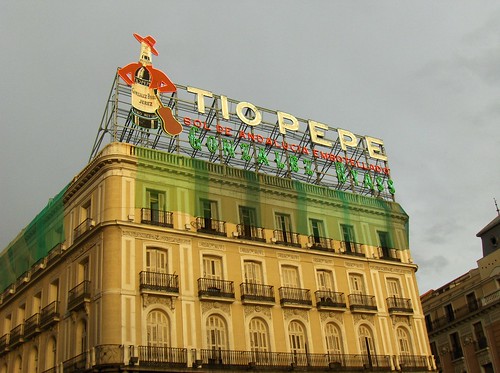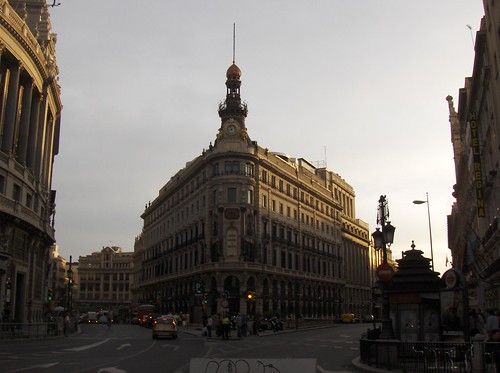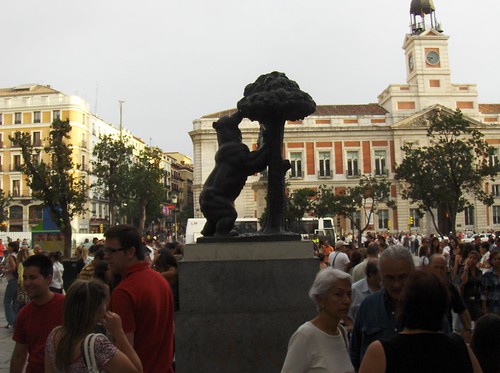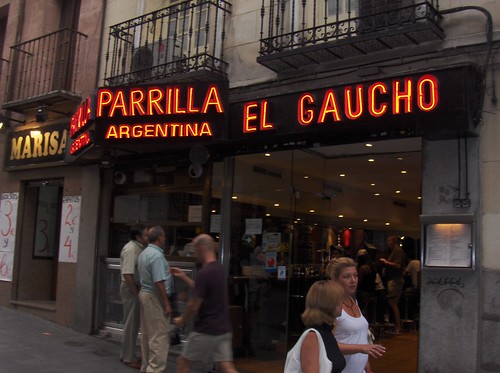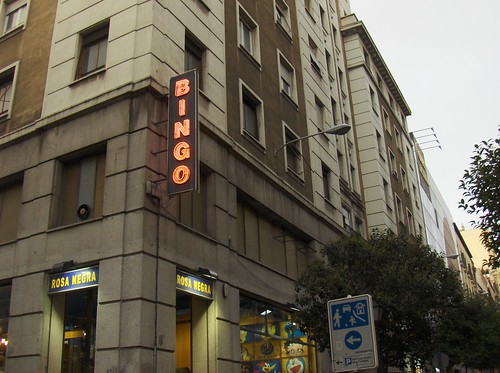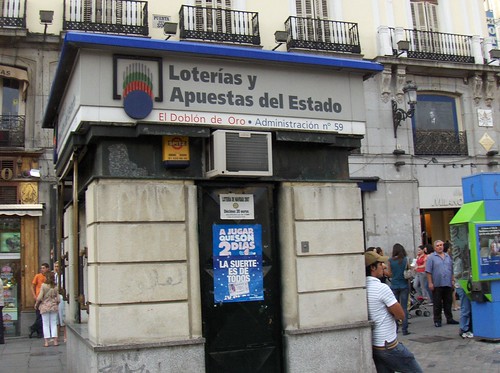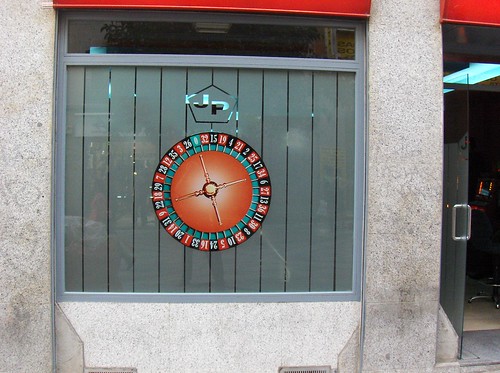1. Ireland is more expensive than Spain
Some random pricing observations:
- Price of a pint: dangerously close to 5€
- Price of my (delicious, but unremarkable) 3-course dinner at Jury's Hotel in Cork: 32€
- Typical price range for coffee-and-panini lunch in Dublin: 10-12€
- Price of a one-way train ticket from Dublin to Cork (about 220 km): 56€
- Price of "jelly and ice-cream" (jelly = jello, for my American readers), featured on Jury's late-night room service menu: 8.50€
- Reason why Jury's would feature such an odd item on their room service menu: anyone's guess (did somebody really think this might come in the category of "comfort food"?)
- Price of a taxi from Dublin airport to the hotel: 22€ (though I am reliably assured that a cheaper express bus service to downtown hotels is available)
- Price that the taxi-driver's mother's house (an unremarkable 3-bedroom semi-detached in Ranelagh, but with a granny-flat) fetched last year: 680,000€. I know this because she insisted on showing me pictures on her cell-phone, as well as quizzing me about what I paid for my condo in SF. Information that I shared with her, but have no intention of divulging here.
2. Ireland is more prosperous than Spain
Minimum wage is currently set at somewhere around 8.40€ an hour. While this is unlikely to get you that house in Ranelagh any time soon, it certainly places the benchmark considerably higher than that for Spain's typical "mileurista", with a median salary of 1000€ a month. Other indications of prosperity abound, an obvious ongoing construction boom, the high preponderance of specialty stores catering to the affluent in both Dublin and Cork's main shopping districts. Less tangibly, there is an overall sense of increased efficiency - things work now in Ireland in a way that is taken for granted, but that seems quite foreign to someone like myself whose memories of the place are rooted largely in the 1970's. While 56€ to get from Dublin to Cork by train might seem a little steep, I have to acknowledge that the trip was extraordinarily smooth, both stations were pleasant, well-designed spaces. All the conveniences a traveler might wish for, with no residue of the almost penitential aspect that characterized train travel in my day, when you considered yourself lucky to get from point A to point B, and certainly didn't expect the experience to be a comfortable one.
Family members nod sagely in response to my observations about the impression of prosperity and remark darkly that it "comes at a price". I'm sure this is true, but I'm equally sure that this is not something I can hope to make intelligent comment on based on four days here.
3. Ireland is infinitely less homogeneous than when I visited five years ago
Surely a good thing. The accession of Eastern European countries, Poland and the Baltic republics in particular, to the EU has meant greater freedom of movement of workers throughout Europe, and Ireland's relatively strong economy has been a magnet. The number of different languages I've been hearing since arriving here (Polish seems to predominate) is a refreshing change.
4. Politicians seem as rascally as ever.
With the Taoiseach, Bertie Ahern, about to be called in for a second full day of testimony before the Tribunal investigating (potentially significant) financial irregularities in his past, and stories of wads of cash being accidentally left on his desk by visiting businessmen (this was back in the 90's), there is a definite sense that little has changed. Yet, despite the whiff of scandal, he was comfortably re-elected in this spring's general election. My favorite nugget from the Tribunal hearings so far - the excuse for the prevalence of large wads of cash in Ahern's office at various times was that he "didn't have a bank account". This despite the fact that, at the time, he was Minister for Finance.
I do not delude myself that observation # 4 applies uniquely to Irish politicians.
